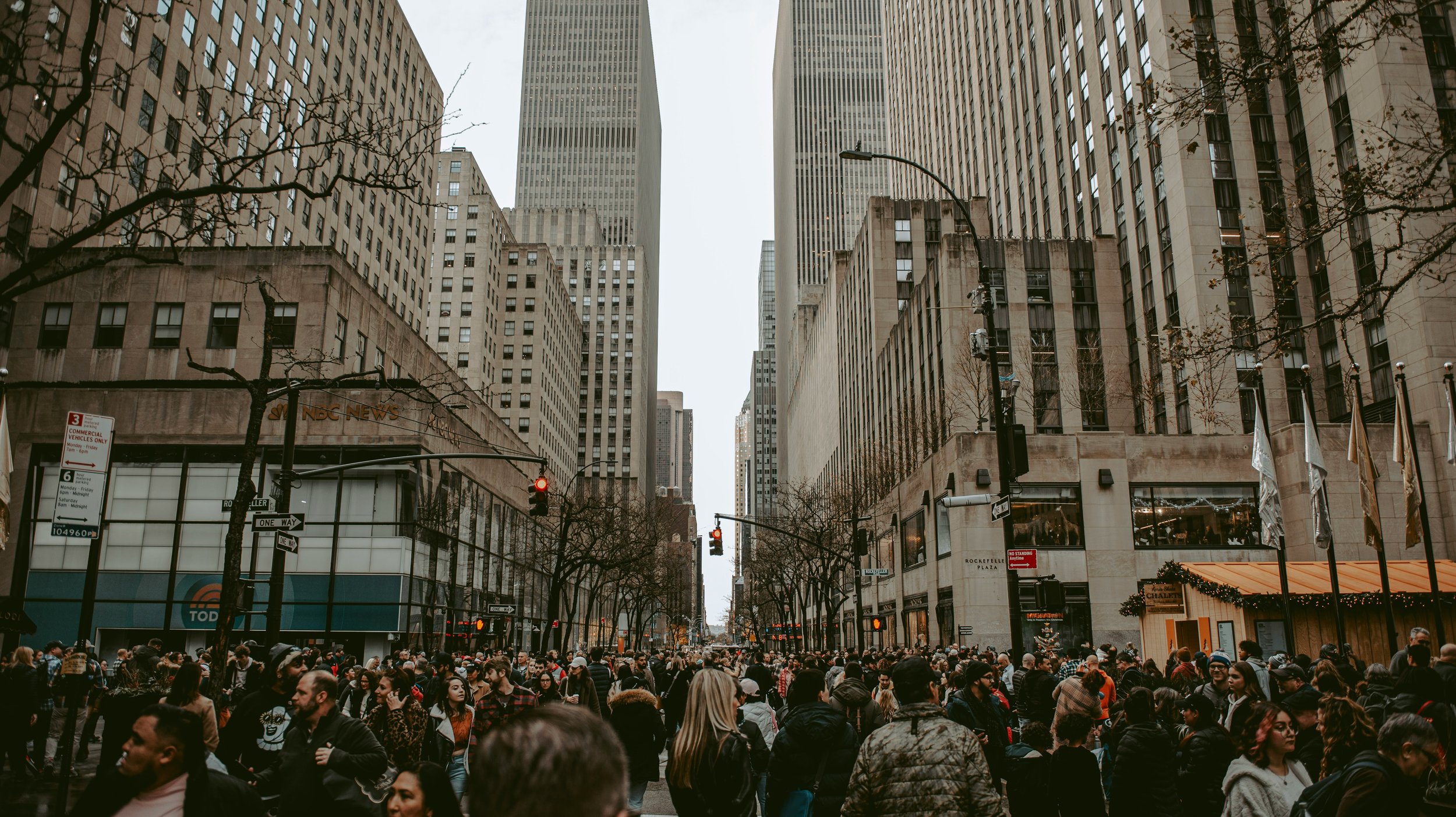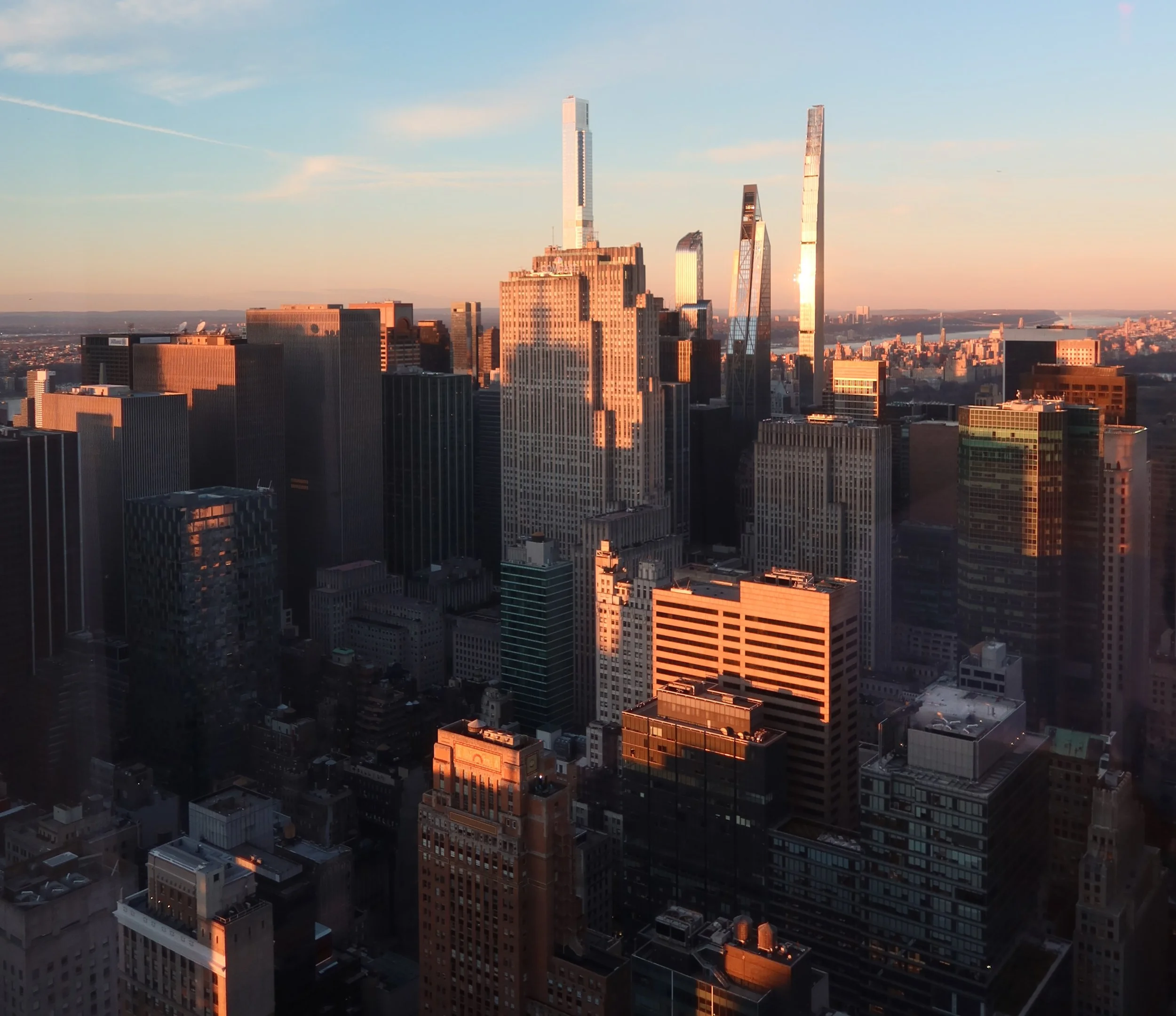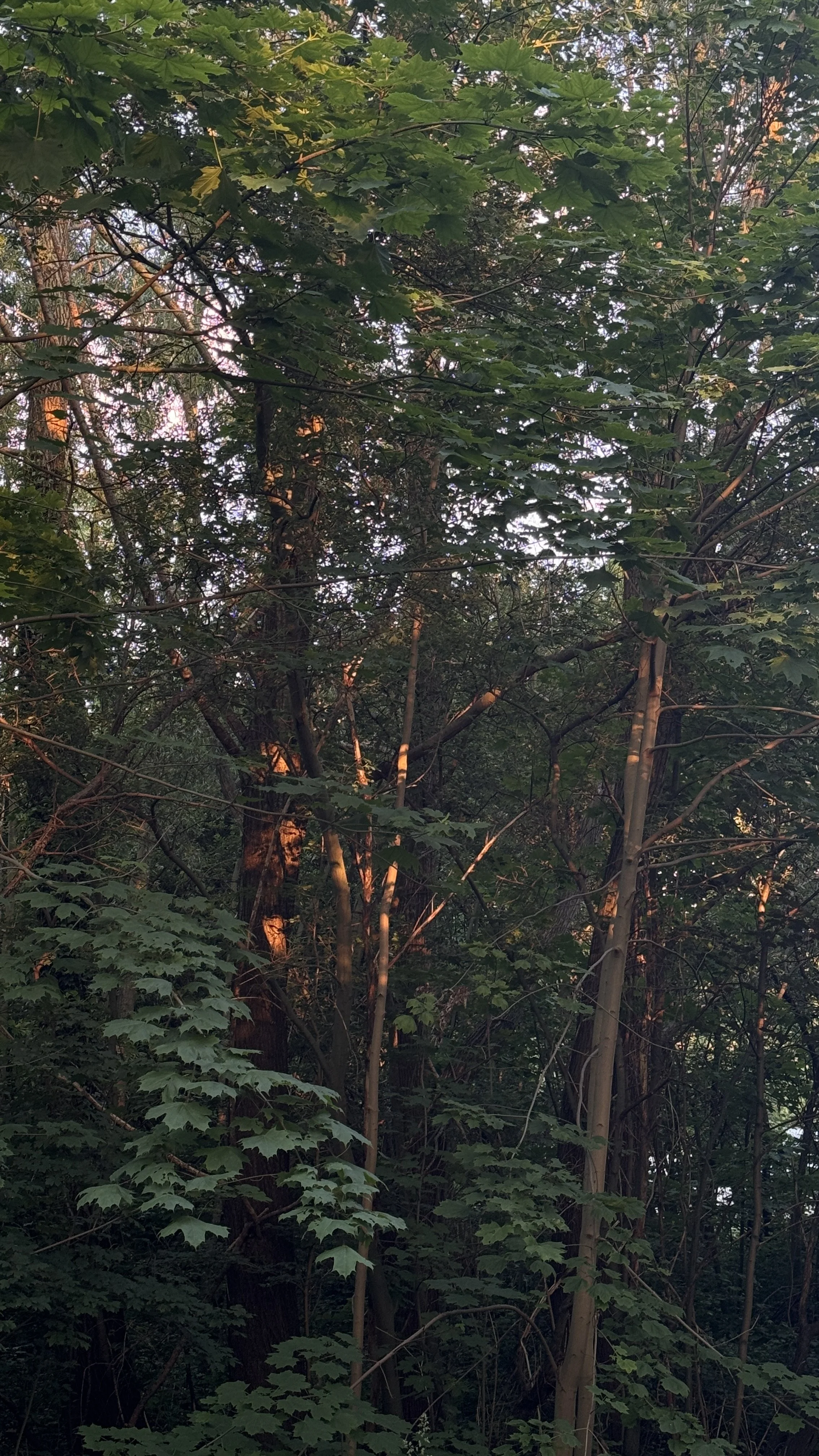Capitalism and Socialism Have the Same Daddy (And It's Ruining Your Life)
It’s called industrialism.
You've gotten so good at managing your energy that you have no energy left.
You track your cycles to work with your body instead of against it. You've set boundaries. You've optimized your morning routine, your sleep hygiene, your productivity systems. You know exactly when you're most creative, most social, most able to handle difficult conversations.
And you're more exhausted than you were before you knew any of this.
The exhaustion comes from the assumption that you're a system to be managed in the first place.
the god both systems worship
Capitalism and socialism agree on almost nothing except this: humans exist to produce.
Capitalism says produce for profit. Socialism says produce for the collective. Both accept the foundational premise that production is the point. That growth should be constant. That output should be measurable. That humans can and should operate like factories—inputs in, outputs out, waste minimized, efficiency maximized.
The 9-5 workday comes from factory optimization. The school year trains children to sit still for future assembly lines. Hospitals schedule births around staff efficiency. Your therapy operates in 50-minute industrial units. Your friendships get squeezed into "quality time" between productivity blocks.
Even your period tracker frames your cycle as productivity phases—times to leverage your power and times to compensate for your body's inconvenient variation.
Industrialism is the water both fish swim in. The unquestioned belief that everything should run like a machine. That mechanical logic can organize reality. That constant output is possible, desirable, natural.
Both capitalism and socialism emerged from the same historical moment: when humans looked at steam engines and assembly lines and reorganized all of life around manufacturing.
Remember this:
Industrialism is the organization of social, economic, and political systems around production and manufacturing. It is the parent assumption of capitalism, socialism, and communism.
Your loneliness comes from living inside that logic. So does the hollow feeling. So does the sense that you're acting your life out instead of living it.
what came before
For most of human history, life organized around regeneration instead of production.
Work and rest wove through each day like breathing. Energy followed the sun, the seasons, the moon—not the clock. Time moved in cycles, not lines. Value came from relationship, not output.
In Southern African communities, social structures emerged from the understanding that humans exist in relationship—to each other, to land, to ancestors, to the unborn. Children learned through participating in life's rhythms. Women's cycles synchronized with each other. Men's work followed seasonal patterns. Rest wasn't earned through productivity. It was the natural pause between activity, like the silence between notes that makes music possible.
Then industrialism arrived with a question: what if we could eliminate natural variation? What if we could make humans as predictable as machines?
the industrial reorganization of everything
Industrialism didn't just change work. It changed reality itself.
Time became linear instead of cyclical. Progress replaced renewal. Growth became the only acceptable direction. "Staying the same" became stagnation, and going backward became failure—even though every living system cycles through expansion and contraction, growth and rest, summer and winter.
Relationships became transactions. Networking. Building social capital. Relationship management. Even intimacy gets framed in industrial terms: emotional labor, investment, return on vulnerability.
Bodies became machines to optimize. Sleep hacking. Productivity during your power phase. Biohacking. Every natural rhythm reframed as something to leverage for output or overcome as obstacle.
Communities became markets. Every interaction mediated by metrics, engagement, reach, impact. Every gathering justified by networking potential. Every conversation played out for invisible audiences.
Knowledge became data. Measurable, scalable, transferable. The wisdom that comes from long observation, embodied practice, intergenerational transmission—that kind of knowing has no place in industrial logic. It can't be scaled. It can't be automated. It can't be extracted and sold.
This is why nothing you've tried has fixed the wrongness. The wrongness comes from living inside industrial logic itself.
what keeps trying to speak
Your body has rhythms that don't care about your productivity goals. Some days you're spring, some days you're deep winter, and your calendar makes no accommodation for either.
But it's more than your body.
The loneliness in a hyperconnected world. The drain from maintaining relationships that exist primarily as networking. The grief of watching your parents age in a culture that has no place for elders except as dependents. The anxiety of trying to plan for a future when cyclical thinking would tell you that not everything can or should be planned.
The hollow feeling behind success. The way rest never restores you because it exists only to prepare you for more production. The friendships that feel like another optimization project. The constant sense of acting like you’re here instead of being here.
Something in you recognizes, knows, that constant production was never the point.
They've been trying to tell you in the only language left to them: breaking down.
what living systems actually do
Living systems don't produce constantly. They cycle. They regenerate through rest, not through pushing harder. They grow and contract, bloom and die back, give and receive in rhythm.
Ecosystems have no concept of productivity. They have abundance and scarcity, activity and dormancy, connection and space. They regenerate through relationship, not through extraction. They follow rhythms that don't optimize for anything except continuation.
Your body still does this. Your energy still shifts with the moon whether you track it or not. You still crave different foods in different seasons. Your creativity still comes in waves, not steady streams. You still need community rhythm, not isolated optimization.
You know rest should restore you, not just prepare you for the next round of output. You know relationships should feed you, not require strategic management. You know time should have texture—slow mornings and urgent afternoons, busy seasons and fallow ones.
You know constant growth is cancer logic, not life logic.
Industrial thinking calls this inefficiency. Your body calls it survival.
the choice underneath the choice
Every time you honor your body's actual rhythm instead of the one your calendar demands, you're choosing life logic over machine logic.
When you rest without justifying it with future productivity. When you let friendships unfold instead of networking strategically. When you follow your energy's natural variation instead of forcing consistency. When you acknowledge that some seasons are for going underground and others are for blooming, and both matter.
These are refusals to accept the premise that you're a machine meant to produce.
The wrongness is trying to tell you something true. So is your loneliness. So is the persistent sense that something fundamental is off with how you're living.
Both capitalism and socialism inherited the same lie: that humans are production units, that growth should be constant, that mechanical logic can organize life, that the point of existence is output.
Your body speaks a different language entirely. Ecosystems speak a different language entirely.
And the world that comes after industrialism—the one this wrongness is pointing toward—will remember what we forgot: that regeneration matters more than production. That cyclical time is wiser than linear time. That people are living systems, not machines.
That rest is the point.
You already live at the edge of this knowing. Every time your body refuses to be a machine. Every time your life refuses to be optimized for productivity. Every time you feel the wrongness of industrial logic in your bones.
That feeling is the portal to what comes after industrialism.





